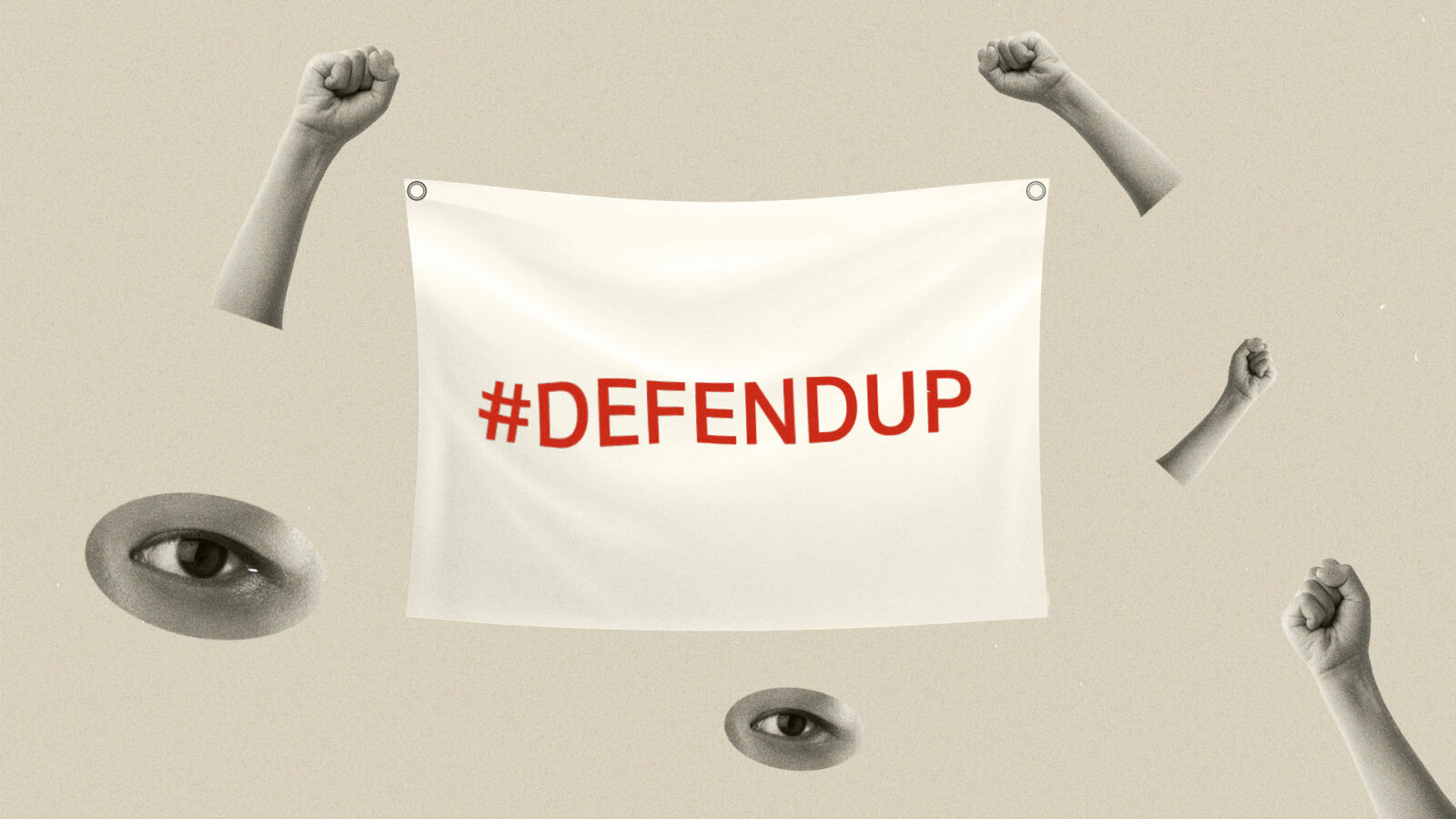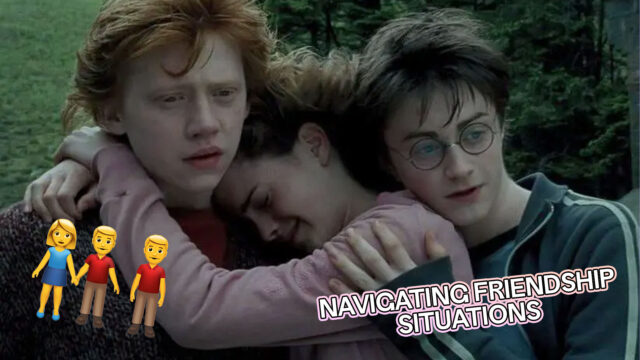The accord, which is a direct response to harassment and arrests faced by students in UP, prevented police and military personnel from entering the UP campus.
RELATED: A Year-End Reflection From A Member Of The Class Of 2020
Social media was ablaze when news broke on January 18 that the Department of National Defense (DND) ended the 1989 University of the Philippines UP-DND. Even though the news broke on January 18, the letter was sent to UP President Danilo Concepcion on January 15. The reason cited was based on unproven claims of the Communist Party of the Philippines and the New People’s Army (CPP-NPA) presence and recruitment activities on campus.
The backlash against the action was swift with #DefendUP trending on Twitter. UP released an official statement saying that “…we must reject any form or semblance of militarization on our campuses, which will have a chilling effect deleterious to academic freedom. This abrogation endangers the goodwill necessary for both of us to achieve our mission as responsible
members of the same national family.”
What is the UP-DND Accord?
To understand why the rescinding of the UP-DND accord is a big deal, it is important to understand its history and what it is. The UP-DND accord was an agreement signed on June 30, 1989, by then-UP president Jose Abueva and then-defense chief Fidel V. Ramos. The agreement was signed with five witnesses present: UP Diliman chancellor Ernesto G. Tabujara, UP student regent Gonzalo T. Bongolan, UP faculty regent Francisco Nemenzo, Philippine Constabulary commanding general Ramon E. Montano, and Armed Forces of the Philippines chief of staff Renato C. De Villa.
The main point of the accord was that it banned the Armed Forces of the Philippines (AFP), the Philippine National Police (PNP), and now-defunct Citizen Armed Force Geographical Unit from entering UP campuses and conducting military or police operation except in “cases of hot pursuit and similar occasions of emergency.”
The agreement was a successor to the Soto-Enrile accord, which was signed between student leader Sonia Soto and then-defense minister Juan Ponce Enrile to protect students who express dissent and protest from police and military presence in schools during the Martial Law era.
A significant event that pushed the signing of the agreement was the case of Donato Continente. He was a staffer at Philippine Collegian, the official publication of the UP campus. In April 1989, Continente was accused of killing US army Colonel James Nicholas Rowe in Quezon City. He was arrested on June 19, 1989, at Vinzons Hall in UP Diliman by police and
military.
He was given a life sentence, but the Supreme Court reduced his sentence to 14 years after they ruled that he was only an accomplice. Continente maintained that he was innocent when he was released from prison in 2005 and said he was tortured to admit to doing a crime he did not commit. Two weeks after Continente was arrested inside the campus, the UP-DND accord
was signed to prevent another incident like that from happening again.
Among other things, the accord also stipulates that:
- Prior notification shall be given to the UP administration by the military or police before they could conduct any operations inside the UP campuses.
- Only uniformed police and military personnel are allowed to enter the campus if the UP administration asks for security assistance.
- Police and military “shall not interfere with peaceful protest actions” by the UP community on the campus.
- Search warrants to any UP student, faculty, employee, or invited participant in any UP activity on campus can only be done after the UP President, or Chancellor of the campus, or the Dean of the regional unit is notified.
- If a student, faculty member, or employee of UP is arrested or detained anywhere in the Philippines, it will be reported to the UP administration immediately.
- No member of the UP community can be questioned on campus without prior notice to the university administration.
- Finally, the accord states that nothing in the agreement “shall be construed as a prohibition against the enforcement of the laws of the land.”
It is important to note that the accord did not have an exit clause, meaning both UP and the DND should agree to end the agreement, which did not happen.
What Happens Next?
Given recent events, the DND’s actions are not that surprising. In the past year, the government has been working to crackdown against dissent whether it be to pass the Anti-Terror Law, subpoena regular people who express criticism of the government, or red-tagging people who
criticize the government with zero proof.
In the past, President Duterte has said that UP is a recruitment hub for the CPP-NPA. He even recently threatened to defund the UP campus for calling for a nationwide academic strike against the government’s underwhelming response to recent typhoons and the pandemic even though it was students from the Ateneo de Manila University who initiated the strike.
The UP campuses have been known to be places for student activism and protest towards injustices in the Philippines. The accord is a big reason why most major protests that happened in 2020 were held in UP because the police and military are not allowed to enter the campus, interrupt the protest, and arrest people. Only time will tell what will happen next, but the rescinding of the agreement will mean big ramifications from student activism, academic freedom, and free speech.





